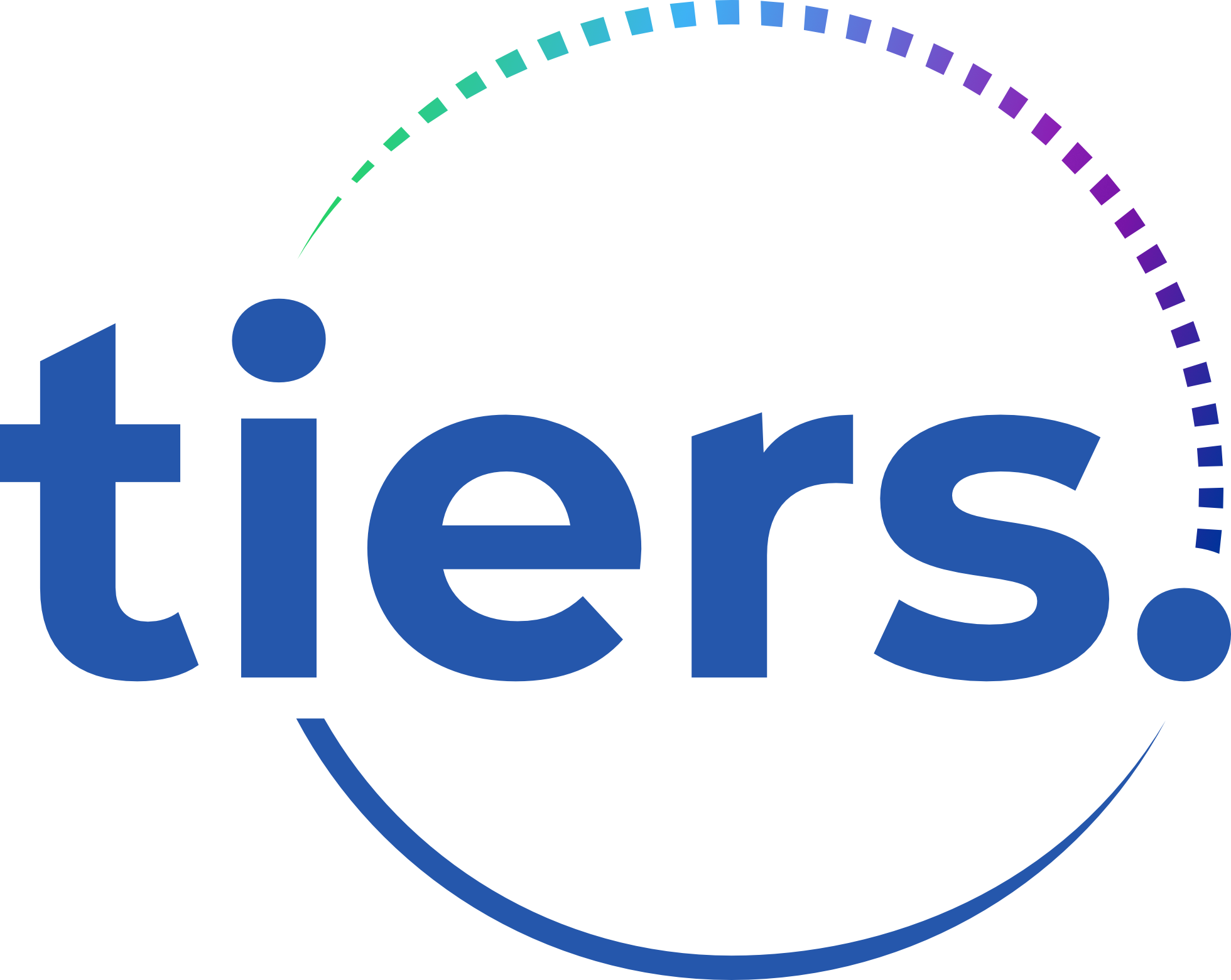Are you plagued by constant financial woes, struggling to break free from a cycle of empty wallets and overdue bills? If yes, it may be time for a financial health examination. You could be suffering from poor financial habits without even realising it. But don’t worry; recognising these habits is the first step towards building wealth and securing financial freedom.
In the upcoming sections, we will delve into the nine financial habits that may keep you poor and provide practical strategies to avoid them. Prepare to embark on a successful journey towards financial freedom!
1. Lack of Budget
Picture this: you’re standing at the helm of a mighty ship, yet there’s no map to guide you to your destination. As sailors rely on charts to navigate their journey, you need a budget to sail through your financial sea successfully. Not budgeting is much like setting sail without a compass, with a high chance you’ll drift off course or run aground.
Why Budgeting Matters
A budget is a representation of your financial priorities. It gives you a clear snapshot of your income, where your money is going, and how much, if any, is left over. Without a budget, your financial decisions are based on feelings or guesses rather than actual numbers. This can lead to misguided spending habits that empty your pockets and make financial freedom a far-off dream.
How to Establish a Budget
- Record your income: Include all sources of income, not just what you bring in from your primary job.
- Detail your expenses: Account for every dollar you spend, from your home mortgage or rent to the latte you treat yourself to every Tuesday.
- Set financial goals: It may be paying off a credit card or saving for a dream vacation. Whatever it is, make it a focal point of your budget.
- Track your progress: Regularly review your budget to ensure it’s working for you and adjust as necessary.
Implementing a budget isn’t about restricting your freedom. Quite the opposite, it’s about creating a path to financial freedom. It gives you control over your financial situation, allowing you to make informed decisions that set you up for long-term prosperity.
Remember, success doesn’t happen overnight. As with any journey, there will be setbacks and challenges. Yet, with a solid budget as your compass, you’re more likely to stay on course. Now, it’s time to create your budget and take the first step towards your financial freedom.
2. Excessive Spending
Going shopping, making impromptu purchases at check-out lines, or even splurging on big-ticket items without much thought can cause a serious dent in your wallet. This habit, known as excessive spending, is one of the surefire ways to remain poor. Let’s uncover why.
While there’s no harm in enjoying your hard-earned money, a strong line needs to be drawn between necessary spending and indulgence. Excessive spending often arises from living beyond one’s means, leading to a cycle of debt and financial insecurity. Not to mention, saving for long-term goals can make it all but impossible.
- Impulse Buying: This is an unplanned decision to buy a product or service made just before the purchase. The urge to buy is often overpowering, resulting in unnecessary and excessive spending.
- Keeping up with the Joneses: If you’re constantly comparing your lifestyle and possessions with those of your friends, neighbours, or social media influencers, you’re walking a dangerous path. Trying to maintain a facade of wealth can lead to financial ruin.
- Emotional Spending: Spending money to feel better, known as “retail therapy”, can become costly. It’s essential to find healthier ways to manage emotions.
So, how do you curb this habit of overspending and move toward financial freedom?
- Set a Budget: A realistic monthly budget will help you know exactly where your money is going. Once you track your spending patterns, you can identify areas where cuts can be made.
- Needs vs. Wants: Learning to differentiate between necessity and luxury can drastically reduce your monthly expenses. Ask yourself if an item is truly necessary before making the purchase.
- Build an Emergency Fund: Having some money set aside can keep you from reaching for your credit card when unexpected costs pop up.
- No-Spend Days: Implementing no-spend days into your week or month can help reinforce good spending habits and break the cycle of daily spending.
Breaking free from excessive spending isn’t an overnight process. Still, with discipline and willpower, you can regain control over your finances and lay the foundation for financial security and independence.
3. Ignoring Savings
Look at your bank account. Does it feel like you’re always trying to catch up? It may be because you need to set aside a portion of your income regularly. That, my friend, is a seriously bad habit that is keeping you tethered to poverty.
Ignoring savings is like neglecting a safety net in a high-wire act. It carries serious risks with the potential for disastrous consequences. Without emergency reserves, any unexpected expense, such as a home repair or medical bill, could push you into debt. Furthermore, it’s virtually possible to seize exciting investment opportunities with savings.
Your savings are not just for emergency expenses but also an important part of long-term financial security and achieving financial freedom. Let us delve deeper into why ignoring savings is something you should correct immediately.
- Risks of not having an emergency fund: Without savings, any sudden or unexpected financial obligation could throw your monthly budget out of balance, forcing you to borrow and initiate another cycle of debt.
- Missing out on compound interests: When you save money, you’re not simply storing it for a rainy day – you’re giving it the potential to grow through a term known as ‘compound interest’. Incredibly powerful, it accelerates your savings growth.
- Paying for it later: Neglecting savings means you could pay more in the long run. Every dollar you borrow today could cost you $2 or $3 in the future due to interest and fees.
Understandably, saving can be hard, especially if you’re already struggling with day-to-day expenses. However, remember, even a small amount set aside consistently can make a significant difference over time.
Consider the popular 50/30/20 rule – reserve 50% of your income towards necessities, 30% towards discretionary spending, and 20% towards savings. Developing such a good habit can help pull you out of the gravity well of constant financial struggle and set you on the path towards financial freedom.
4. Riddled with Debt
Imagine carrying a heavy backpack while hiking uphill; it’s slowing you down. That’s what being riddled with debt is like – a hefty burden that impedes financial freedom.
Contrary to what people may think, not all debt is necessarily bad. Mortgages, for example, can be considered as “good debt.” That is because, with a mortgage, you’re investing in a property that will appreciate over time. Student loans, utilised for improving education and future earning potential, can also be considered “good debt.”
However, when your debt becomes unmanageable, that’s when problems arise. Overusing credit cards, taking on loans for unnecessary purchases, or borrowing money that hampers your ability to save are all examples of potentially harmful debt.
Remember, debt is like fire: beneficial if controlled and harmful when it gets out of hand.
Here’s what you can do to manage your debts effectively:
- Recognise and acknowledge the depth of your debt: The first step is awareness. Know your total amount of debt, the interest rates, and the time required to pay it off.
- Create a budget: Allocate a specific amount of your income to pay off your monthly debts. That helps in preventing the accumulation of additional debt.
- Focus on high-interest debt: First, try to pay off debts with higher interest rates, as these tend to increase quickly over time.
- Avoid unnecessary expenses: Temporarily cutting back on non-essential expenditures can help you stay on track with your repayments.
Repaying your debts may seem daunting, but remember, it’s a hurdle to financial freedom. By implementing these strategies and maintaining discipline, you are well on your way to removing that heavy debt backpack and easily walking the path to your financial goals.
5. Being A Brand Slave
Something is intoxicating about the allure of brand names, isn’t there? Designer labels and well-known corporations hold a magnetic appeal. But alas, my friend, this attraction comes at a cost. Being a brand slave, as we term it, can keep you trapped in a cycle of poor financial habits.
Let’s delve into this a bit further. Being obsessed with brand names means buying high-priced items simply for the status symbol. This doesn’t necessarily mean you’re getting the best value for your money. Remember, cost does not always equate to quality. More often than not, you’re paying for the label rather than the product’s true value.
So, how can you break away from this habit, you ask? Let’s go over a few key strategies:
- Discerning Value from Cost: Understanding the difference between cost and value is crucial. In other words, value is what the product can provide you over time, while cost is what you pay upfront. Quality, durability, and actual need should factor into your decision-making, not just the brand name.
- Smart Shopping: Don’t let tags dictate your purchases. Often, a less expensive product serves the same function with comparable quality. If a brand name item is genuinely worth the splurge, wait for a sale or discount opportunity to make your purchase.
- Clear Financial Goals: Setting and following a budget helps manage daily finances and puts in perspective how much you should reasonably spend on indulgences like brand-name items. Remember to keep your long-term financial goals in sight and avoid unnecessary splurges.
Breaking free from the brand slave mentality helps keep your finances in check. It allows you to allocate resources more effectively. It’s a crucial step in your journey towards financial freedom. After all, brand names wear off, but sturdy financial health is forever. Remember, it’s YOU who makes the clothes look good, not the other way around!
6. Living Paycheck to Paycheck
Does the thought of your bank balance reaching zero before your next paycheck arrives send chills down your spine? You’re not alone. Living paycheck to paycheck is a reality for many people, and it’s a financial habit that can keep you trapped in an ongoing cycle of worry and frustration.
What does ‘living paycheck to paycheck’ mean? A large chunk, or often all, of your monthly income, is used to cover your current bills and living expenses, leaving very little or nothing for savings or investments.
Why is this a poor financial habit? Well, let’s dive a little deeper.
- No Savings or Cushion: The most obvious issue is that it leaves no room for saving, as money constantly flows out as soon as it comes in. This means no financial cushion for unexpected expenses or emergencies, leading to more debt and financial stress.
- Living on The Edge: Living this way can be emotionally draining and stressful, as you always worry about making ends meet.
So, how do we break free from this cycle? Transforming this habit begins with three crucial steps:
- Create a Budget: It’s mentioned earlier but worth repeating. Having a detailed and realistic budget allows you to see where your money is going and identify any areas where you can make cuts or changes.
- Increase Your Income: This can mean seeking a higher-paying job, asking for a raise, starting a side business, or pursuing part-time work. Any additional income helps cover your expenses without draining your account each month.
- Build an Emergency Fund: Start by saving a small amount each month until you have at least 3-6 months’ worth of living expenses stored away. This fund acts as a financial cushion, protecting you from unexpected costs and removing the need to fall into debt.
Breaking the paycheck-to-paycheck cycle is a significant stepping stone towards achieving financial freedom. It may take time and require sacrifices, but the peace of mind and financial stability gained are worth every effort.
7. Ignoring Financial Literacy
Imagine you’re in a new city without a map. It would take a lot of work to navigate. Ignoring financial literacy is akin to that. You need the necessary knowledge to grow your wealth effectively in the world of finances. It’s a daunting task, understandably so. But it’s a hurdle you must overcome to achieve financial freedom.
Financial literacy is understanding and using various financial skills, including personal financial management, budgeting, and investing. Ignoring financial literacy might result in poor money decisions, leading to a cycle of debt and poverty.
The good news is, you can learn! Financial education resources are abundant and generally available to everyone. Books, online courses, webinars, and even podcasts can help enlighten you on managing money. Be proactive in your quest for knowledge.
The more you learn, the more you earn. – Warren Buffet
If you’re asking where to start, here are some steps you can take:
- Build your basic knowledge of personal finance. Understand your income, expenses, savings, and debts.
- Learning to create and maintain a budget is instrumental to managing your money effectively.
- Delve into the world of investing – stocks, bonds, retirement accounts. It might seem complex, but a little patience goes a long way.
- Find a mentor or advisor. That can be anyone, from a financially savvy friend to a professional financial advisor.
- Not Planning for Retirement
You work hard, day in and day out. That’s great, but are you setting aside some earnings for your golden years? It can be easy to dismiss planning when it seems so far away. However, this is one of the financial habits that could keep you tethered to poverty in the long run.
8. Not Planning for retirement
It is crucial for eventual financial independence, and postponing it can land you in a tight spot later in life. When you don’t plan, you’re betting on your future income, which is uncertain at best. You can start by:
- Setting clear retirement goals: How much would you ideally need post-retirement? Start crunching numbers and planning your investments accordingly.
- Learning about retirement savings plans: Explore 401(k), Individual Retirement Accounts (IRAs), and other pension schemes. They offer tax breaks that can significantly boost your retirement savings.
- Investing in a diversified portfolio: Diversification reduces risk. Having your assets spread across a range of investments, from stocks and bonds to mutual funds, increases your potential returns while minimising risks.
Remember, financial freedom isn’t about living extravagantly but comfortably without worrying about money. Break free from these common financial habits keeping you poor and pave the way towards financial freedom.
9. Putting No Value On Time
Ever heard of the phrase, “Time is money”? It holds much more truth than you might imagine. When you undervalue your time, you’re likely to spend it carelessly on activities that don’t contribute to your financial growth. Your hours wasted on idle pastimes could be invested in learning a new skill, starting a side business, or even analysing your financial records for better money management.
That also concerns your professional life: remember that it’s important to ensure your work is properly compensated according to your abilities and time. Like businesses, individuals need an hourly rate for their time, whether for work or personal tasks. Therefore, start computing how much your time is worth and start investing it wisely to drive toward financial freedom.
To conclude, achieving financial freedom requires breaking these prevalent and damaging financial habits. It’s about developing a proactive and conscious approach to your fiscal health. Don’t let these habits keep you poor. Instead, they should be turned around to construct a strong financial future. You deserve it, and you can achieve it.
Get informed on how to do more with your money.





